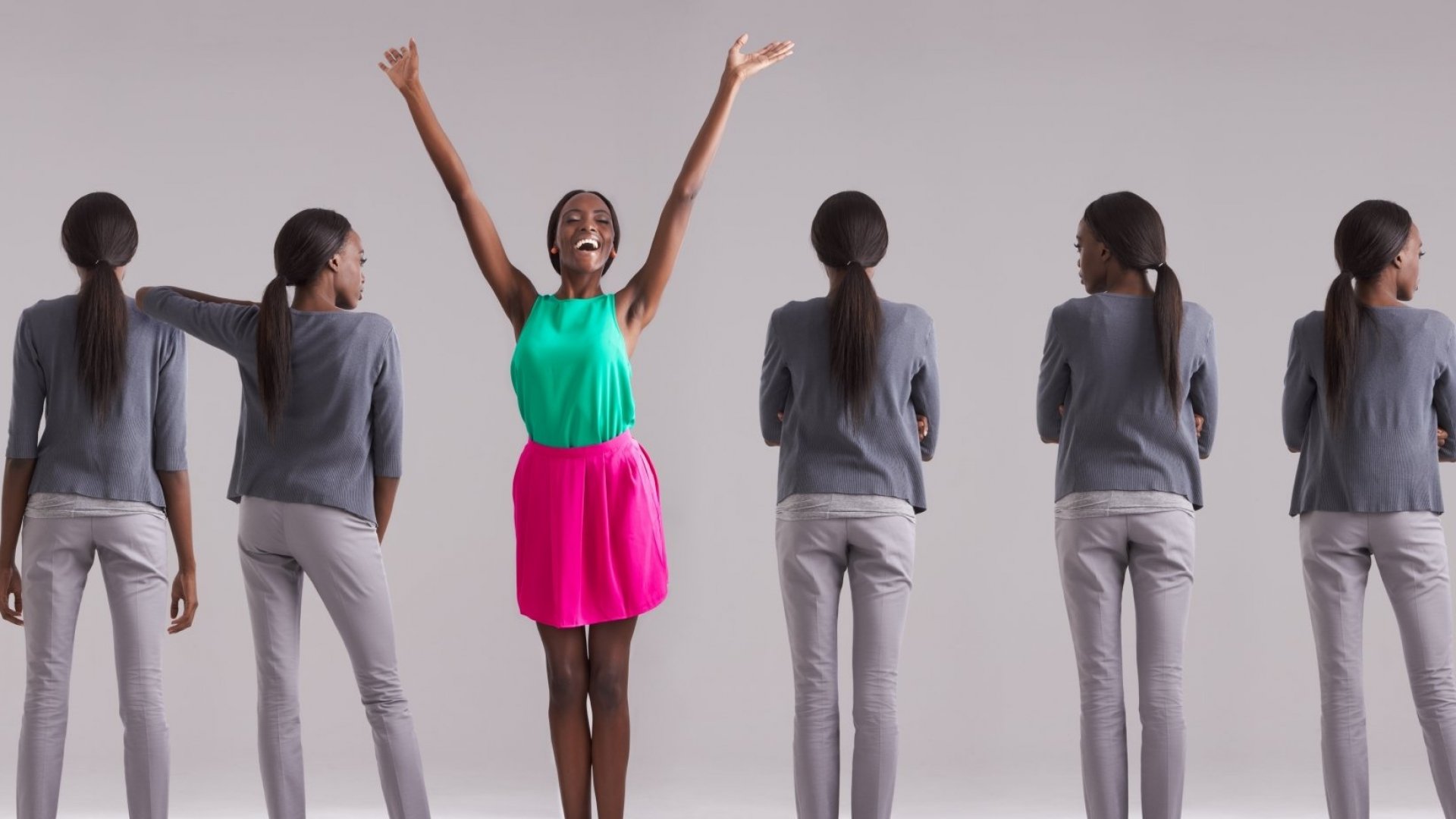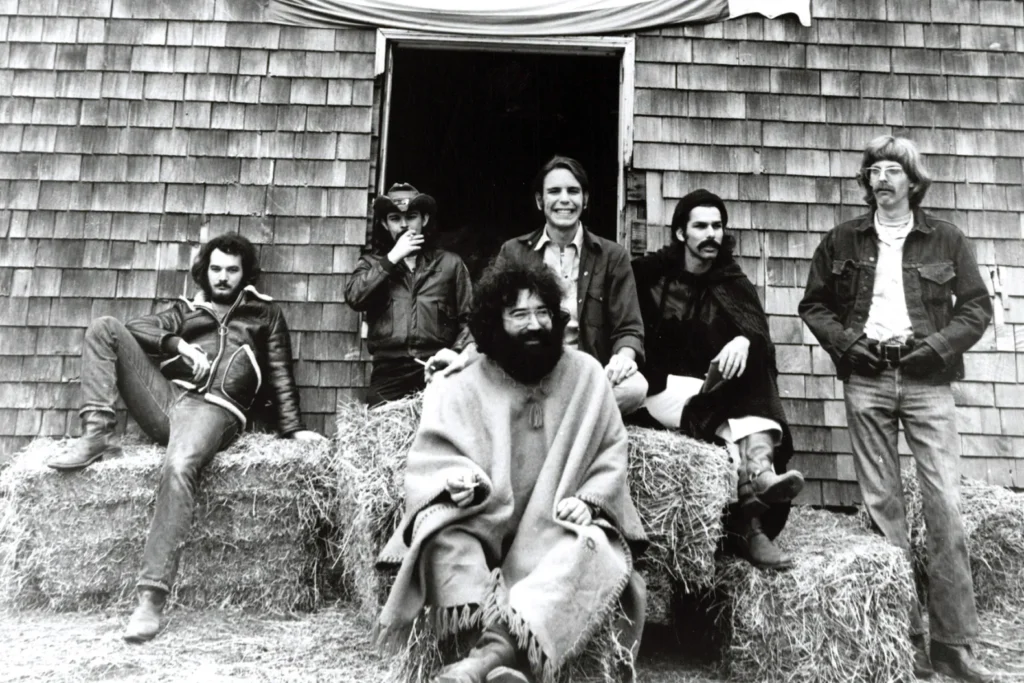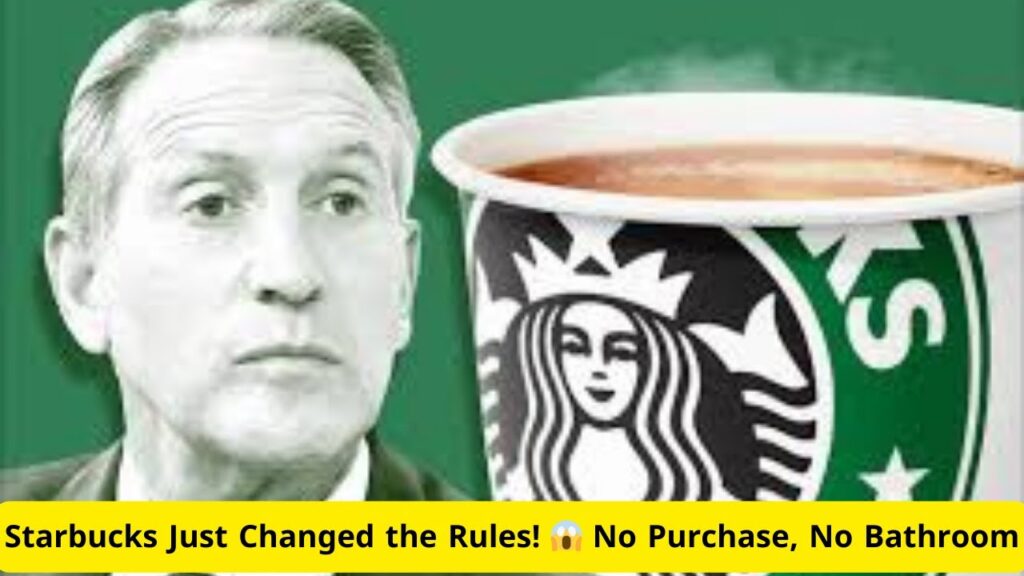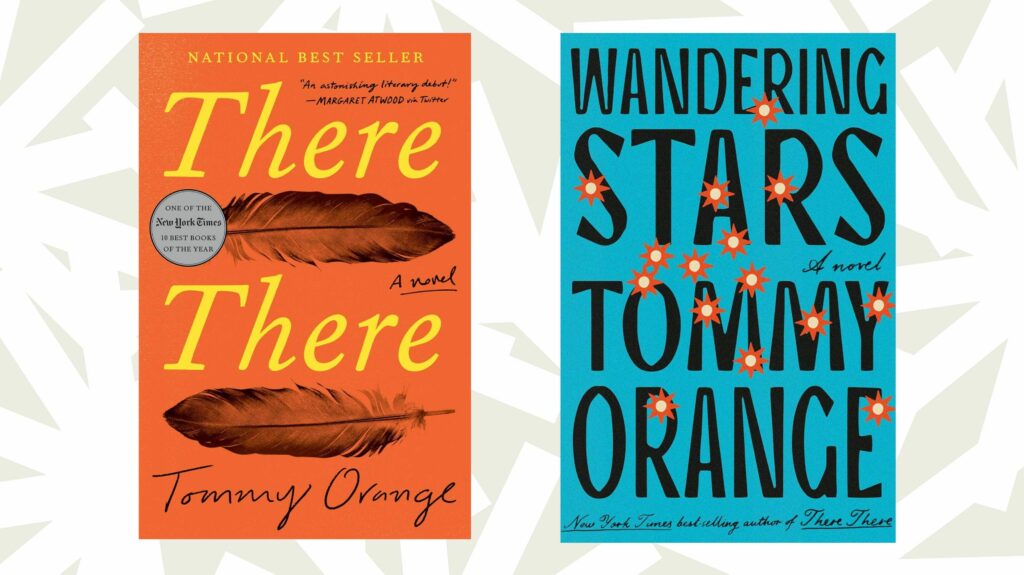 “Change is never painful. Only resistance to change is painful.”
“Change is never painful. Only resistance to change is painful.”
– Buddhist Proverb
Are you feeling comfortable about your marketing plan? Perhaps sales are soaring past expectations. You’ve got the best team ever in place and your leadership is an inspiration to all. At last! It’s time to sit back and enjoy your success.
Actually, don’t get too comfortable. Ever.
To quote SNL character Roseanne Roseannadanna, played by the late, great Gilda Radner in the early days of Saturday Night Live: “Well, it just goes to show you, it’s always something. If it’s not one thing, it’s another.”
Maybe your brand is a category leader sitting on top of the world. Perhaps it isn’t as strong as it once was or as you’d like it to be. In the case of Bud Light, a new category of products, hard seltzers like White Claw, disrupted the entire industry, dragging down the overall beer category, Bud Light included.
Still, those flat or declining numbers offer an extended, almost indefinite period of revenue and profit that are rich by any measure. The choices were still relatively good. A-B might have felt that the long, outrageously successful run with Bud Light was unsustainable, determining that now would be the time to milk the brand and reinvest in opportunities. Or they could choose to continue investing in Bud Light to squeeze out any remaining growth.
But the world was moving too fast and left the brand behind.
A minor marketing activation, with a budget so small that it’s barely a rounding error as compared to overall spending on Bud Light goes viral for all the wrong reasons. Disaster ensues. A sizeable chunk of business goes away nearly immediately. While boycotts have seldom or never affected brand sales in the long run, this one is very different.
Scapegoats are sacrificed quickly, to no avail. The organization is stunned and paralyzed. They try getting the horse back in the barn with the all too predictable knee-jerk actions of doubling down on its support for the military and paying lip service to offended drinkers (real men!) in hope of their return.
I thought about Bud Light and other brands, including my own, after reading and identifying with this excellent op-ed that ran in the New York Times this week, Stop Resisting Change. Just when you think you’ve achieved your version of perfection, a multi-headed monster comes from nowhere to take aim at more than one, unrelated aspects of your existence.
That’s life. And that’s brand marketing. Things change. It’s always something. And resistance is futile.
One painful lesson for Anheuser-Busch was realizing that it can’t have its cake and eat it too. If you align corporate policy and resources behind a doctrine of diversity, equality, and inclusion, you’ve got to walk the walk. You can’t preach acceptance and then turn around to say, well, gay people are fine, but we draw the line at trans, because a small minority of our customers are triggered and go bat-shit-crazy if they think that one of “boys pretending to be girls” might actually enjoy the same beer that they do.
Accept and move on. It’s all we can do. Bud Light, a product of the 1980’s, doesn’t realize that it’s 2023. Dilly Dilly! The old “frat boy” humor doesn’t work anymore.
The Stop Resisting Change essay talks about a concept called allostasis, which is “based on the idea that rather than being rigid, our healthy baseline is a moving target.” Rather than returning to the same starting point after a change, healthy systems move to a different baseline in allostasis. Stability is still the goal, but the baseline of that stability will be different.
With constant change and the associated movement of baselines up or down, there’s no place for comfort in branding or life. That’s not to say that people shouldn’t strive to be comfortable in their lives or to enjoy moments of comfort when they can. It does mean that we should never get too comfortable. Nothing stays the same for long in life. Today’s norms are tomorrow’s relics.
It may no longer be possible to be all things to all people. Brands like Bud Light can keep on catering to the “good ol’ boys” or to Gen Z’ers, but probably not both. Their value systems are at polar opposites.
Moreover, one of those segments is literally dying out while the other is ascendant. The “mainstream” or the “real America,” just isn’t what it used to be. It’s so quaint to harken back to those better times, you know, when gays, blacks, Jews and anyone else who wasn’t “like us” could be marginalized. It’s so lovely to still imagine America as “Main Street USA,” idyllic small towns with a town square, the local diner and and family-oriented, church-going people with “Midwestern” or “small town” values.
That’s not what America is and we should not be buying into that myth. The United States is a bigger (and better) Melting Pot than ever. Its population is focused in and around major cities. Not to mention that those good ol’ small towns have changed as well. There’s more than meets the eye in rural America, as the MAX series Somebody Somewhere reveals.
And when did the Midwest win the values award anyway? People in big cities have values as well. They’re not better or worse than those in small towns, just different.
The play for Bud Light should have been an unabashed reaffirmation of its DEI principles. “We are the number one beer in America. All beer drinkers are invited.”
Efforts to support the LBGT community should have been increased and highlighted in the brands marketing.
It’s hard to believe that in any age someone would give up using a product they love simply because they’ve heard of someone – one of “the other” – that now uses it as well. Did Kid Rock think he would turn trans if he had another sip of Bud Light? It’s all very strange to me, but this is a business case, not a study of hatred and discrimination.
There’s a lot on the line for big brands like Bud Light, but for my money, betting on the past isn’t a winning proposition. Take the hit and let those people go. They’re going anyway, one way or the other. Far better to embrace change, even though it’s never comfortable, to bet on the future. Or at least the present.



